

The Mid-Career Switch: How to Become a Color Consultant
Summary
This article provides a comprehensive guide for those interested in transitioning into the color consulting field. It outlines the role and responsibilities of a color consultant, the necessary skills and qualifications, training and certification programs, and tips for building a portfolio and finding work. It emphasizes the importance of understanding color theory, marketing principles, and continuous learning for success in this career.
Reflection Questions
- How do you think your current skill set could be applied to a career in color consulting?
- What aspect of color consulting interests you the most, and why?
- Consider the importance of continuous learning in the field of color consulting. How would you approach staying current with trends and developments?
Journal Prompt
Reflect on your current career path and aspirations. If you were to make a mid-career switch to become a color consultant, write about the steps you would take to prepare for this transition, including education, skill development, and networking.
Ready for a mid-career switch? If you find the intersection between aesthetics and psychology fascinating, becoming a color consultant might be right for you! A color consultant is a specialized professional who leverages this interplay to create effective, appealing color schemes across various industries, including fashion, interior design, and branding. By understanding how color influences mood, perception, and consumer behavior, they guide clients in selecting colors that align with specific goals, whether it’s enhancing the ambiance of a living space, setting fashion trends, or developing a memorable brand identity.
In this article, we outline the role and responsibilities of a color consultant, detail the essential skills and qualities needed for success in the field, and explore the diverse opportunities available across different sectors. Through education, skill development, portfolio creation, job hunting strategies, and business management advice, aspiring color consultants will find a detailed roadmap to launching a successful career in this dynamic profession. We’ll answer all your most frequently asked questions to ensure your color consulting career gets off to a great start! Read on to learn all about becoming a color consultant!
Understanding the Role of a Color Consultant


A color consultant plays a pivotal role in choosing and advising on color schemes for a variety of applications, from interior design and fashion to branding and product design. Their primary responsibility is to understand how color affects mood (color psychology), perception, and functionality, and to apply this knowledge in creating color solutions that meet specific objectives.
For instance, in interior design, a color consultant might select color palettes that enhance the aesthetic appeal of a space, improve its functionality, and evoke desired emotional responses from its occupants. In branding, the consultant’s color selections can reflect a company’s values and appeal to its target audience, thereby increasing brand recognition and loyalty.
Success in this field requires a deep understanding of color theory, including the psychological effects of color, color harmony, and the impact of light on color perception. Strong communication skills are essential, as consultants must be able to understand their clients’ needs and objectives and explain their color choices effectively.
Creativity, an eye for detail, and the ability to visualize color schemes are also crucial. Additionally, staying informed about trends in color, design, and psychology allows consultants to provide up-to-date advice that resonates with contemporary audiences.
Fuel your creative fire & be a part of a supportive community that values how you love to live.
subscribe to our newsletter
What Can Color Consultants Do?
Color consultants can find opportunities in a wide range of industries. In the realm of interior design, they work with both residential and commercial clients to create inviting and functional spaces with appropriate paint colors, shades for upholstery, and more. In industry, one might work as a paint color consultant.
In fashion, they may advise designers or retailers on color trends and color palette selections. They might also conduct private color analyses for individuals based on their hair color, eye color, and skin undertones. This can determine the best colors for that person’s wardrobe while helping them maintain their personal style. Such analyses might be conducted in person, but offering a virtual color consultation is also an option.
Branding and marketing are also significant fields for color consultants, where they contribute to creating visually appealing and psychologically impactful brand identities and campaigns. Moreover, the expertise of a color professional is sought after in product design, where the right color choices can differentiate a product in a crowded marketplace.
The versatility of this profession allows consultants to specialize in one area or offer their services across multiple domains, depending on their interests and expertise.
Are You a Match? Essential Skills and Knowledge for Color Consultants
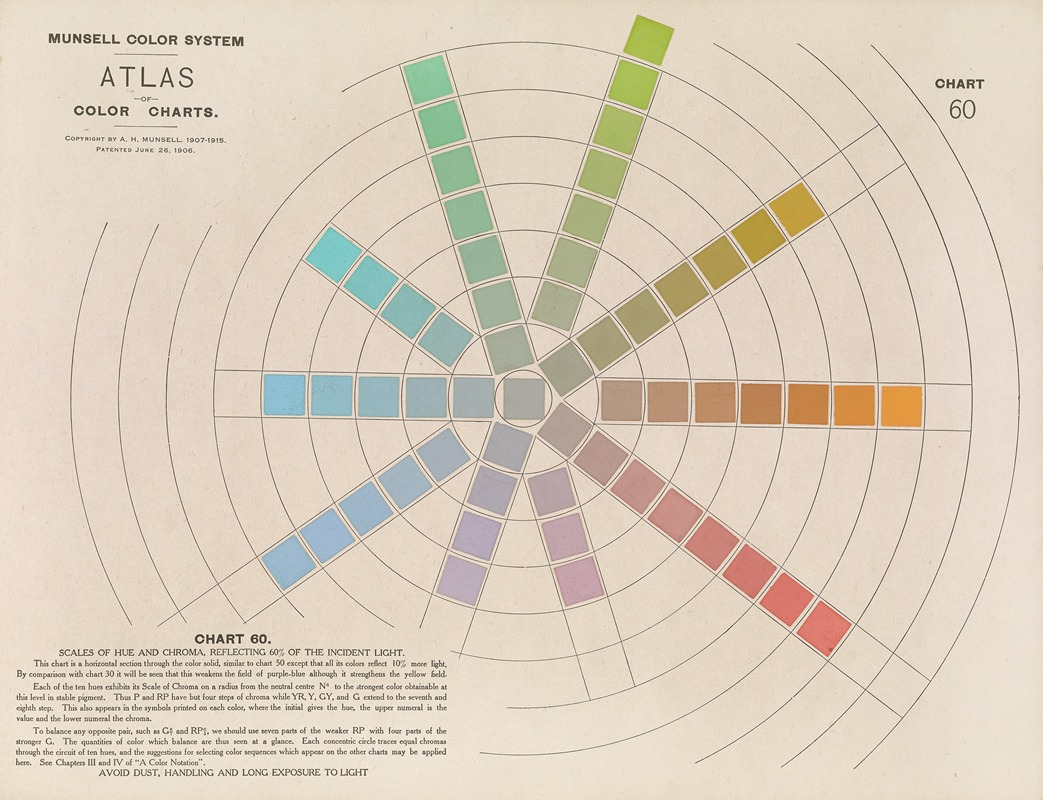

The journey to becoming a color consultant often begins with a solid educational foundation that provides both theoretical knowledge and practical skills in color theory and its applications. While there is no singular educational path mandated for entering this field, certain degrees and areas of study can significantly benefit those aspiring to this career.
Degrees in design (interior, graphic, fashion), art, and even psychology are particularly relevant. These programs typically cover essential topics such as color theory, design principles, visual communication, and the psychological impact of color, which are crucial for a color consultant’s toolkit.
Training and Certification Programs
For those looking to specialize further or for professionals considering a career switch, targeted training and certification programs play a vital role. These programs offer focused learning on color systems, trends, analysis, and application strategies tailored to various industries, such as interior design, fashion, and branding. They not only refine one’s understanding and skills in color consultancy but also lend credibility to professionals in the field.
Several reputable organizations offer certifications and courses in color consultancy. The International Association of Color Consultants (IACC) is among the leading bodies providing comprehensive training and certification, emphasizing the psychological and physiological effects of color. The Color Designers International (CDI) offers programs that focus on color design principles and application across different mediums. Additionally, the Fashion Institute of Technology (FIT) in New York and other design schools often offer specialized courses and workshops in color theory and application, tailored to various aspects of design and styling.
Engaging in these educational and training programs is not only essential for acquiring the necessary knowledge and skills but also for building a professional network and staying abreast of industry trends and innovations. Certification from a recognized organization can significantly enhance a consultant’s marketability and credibility, helping them to stand out in a competitive field.
It represents a commitment to professionalism and a deep understanding of color’s role in design and human experience, making it an invaluable asset for anyone looking to establish or advance their career as a color consultant.
Professions That Easily Transition to Color Consultation
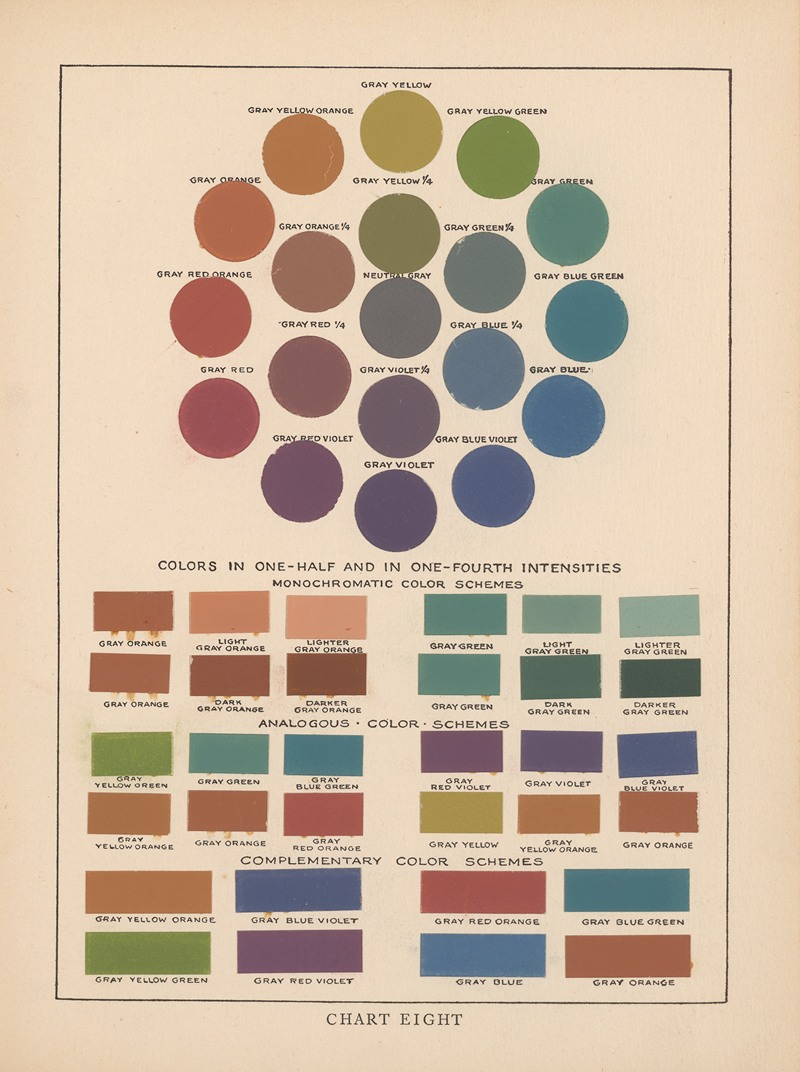

Switching to a career as a color consultant can be a rewarding move, especially if you’re coming from a profession where skills in design, aesthetics, color theory, or communication play a significant role. Professionals from these backgrounds would likely have developed a refined sense of color and design, along with the ability to think creatively and communicate effectively with clients—key attributes for success as a color consultant. Additionally, leveraging any experience in client management, project coordination, and marketing can further ease the transition and contribute to a successful career shift. Here are several professions that could facilitate a smoother transition due to their overlapping skills and knowledge areas.
Graphic Designer
With a strong foundation in design principles, the reasons behind certain color preferences, and visual communication, graphic designers are well-equipped to understand how colors influence mood and behavior, which is crucial for a color consultant.
Interior Designer


Experience in interior design involves making decisions about color schemes, lighting, and the overall aesthetic of a space, aligning closely with the responsibilities of a color consultant.
Fashion Designer
Fashion designers have a keen eye for color, trends, and how colors interact with each other, which can easily translate to a career in color consulting within or outside the fashion industry. They already know how to make the right color selection for a person’s body or a particular fabric, which makes this a natural fit.
Marketing Professional
Marketers often work with branding and understand the psychological impact of color on consumer behavior, making them good candidates for transitioning into color consultancy, especially in branding and advertising.
Artist
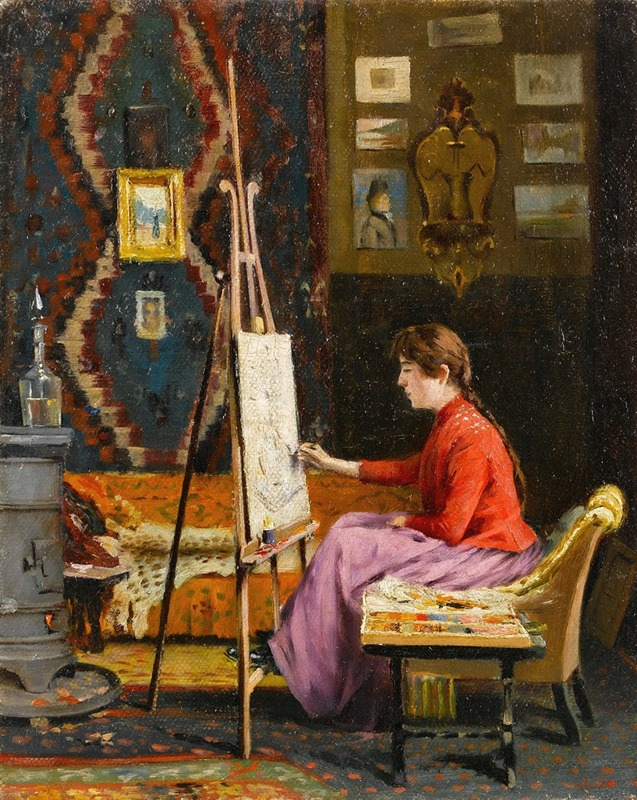

Artists have a profound understanding of color, composition, and visual impact, skills that are highly applicable in the field of color consulting across various industries. Making the right color decision is an important part of fine art, so this profession easily transitions to color consultation!
Photographer
Photographers possess a nuanced understanding of color, light, and shadow, which can be valuable in visualizing and creating appealing color schemes in different settings.
Architect: Architects’ deep knowledge of how color can affect space and mood, alongside their understanding of structure and design, can provide a strong foundation for a career in color consulting.
Everything You Need to Know About Becoming a Color Consultant
Developing the Essential Skills
Developing the essential skills for a color consultant involves a blend of theoretical knowledge, practical application, and interpersonal capabilities. At the core is a deep understanding of color theory, which includes knowledge about color harmony, the color wheel, and how colors interact with each other and their environment. Mastery of color theory allows consultants to create aesthetically pleasing and psychologically appropriate color schemes for a variety of applications.
Communication Skills
Communication skills are equally vital. A color consultant must effectively convey concepts and ideas to clients, listen to their needs and preferences, and articulate the reasoning behind color choices. This requires clear verbal and written communication, as well as the ability to present ideas visually. Developing these skills can be achieved through practice, feedback, and possibly training in areas like public speaking or professional writing.
Understanding Marketing Principles
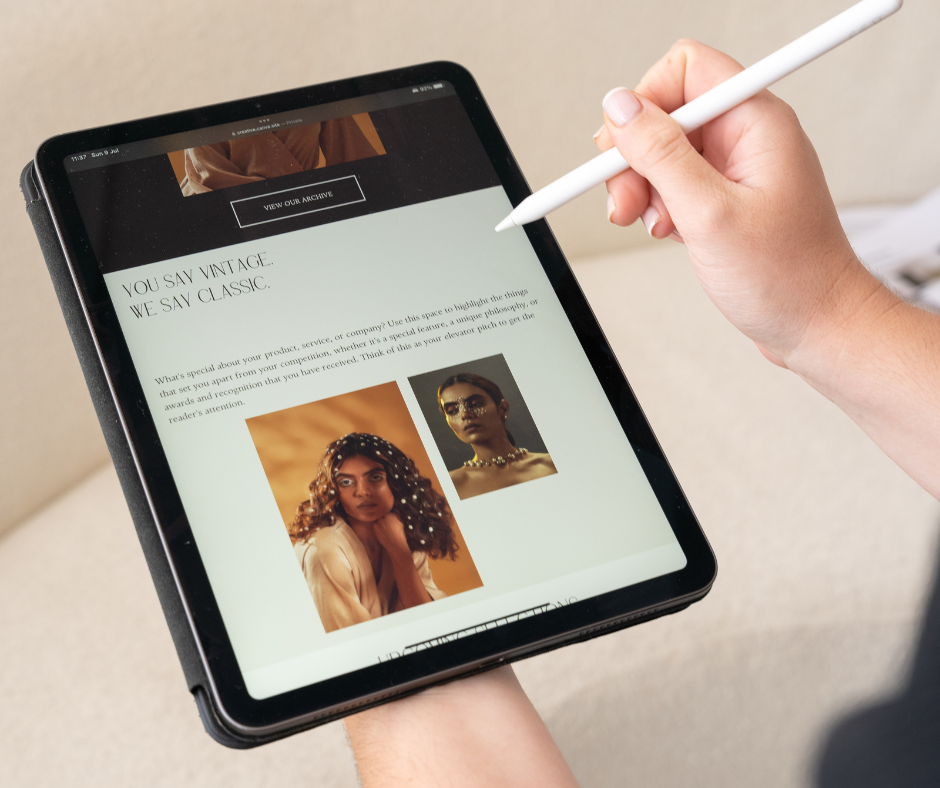

Knowledge of marketing principles is also beneficial, especially for consultants working in branding, retail, or independent consultancy. Understanding market trends, consumer behavior, and branding strategies can inform more effective color decisions that appeal to target audiences and align with market demands.
This can be honed by studying marketing fundamentals, following industry trends, and analyzing successful color strategies employed by leading brands.
Investing in Continuous Learning and Challenging Projects
To develop and refine these essential skills, engaging in continuous learning and practice is key. Participating in workshops, online courses, and seminars can provide up-to-date knowledge and techniques in color theory, communication, and marketing. Building a diverse portfolio of projects can also offer practical experience across different applications of color consultancy, from interior design to fashion to branding.
Experience and practice play a crucial role in mastering color consultancy. Real-world projects challenge consultants to apply their skills in varied contexts, adapt to unexpected challenges, and learn from each project’s outcomes. Networking with professionals in related fields, seeking mentorship, and engaging in professional communities can provide opportunities for collaboration, feedback, and exposure to a wide range of challenges and solutions.
As consultants gain experience, they refine their ability to intuitively understand and apply color in ways that fulfill client objectives and resonate with intended audiences, cementing their expertise and reputation in the field.
Building Your Portfolio


Building a compelling portfolio is a critical step for aspiring color consultants, serving as a visual representation of their skills, style, and expertise. A well-crafted portfolio not only showcases your best work but also communicates your unique approach to color and design, making you stand out to potential clients or employers.
Guidance on Creating a Compelling Portfolio
The key to creating an impactful portfolio is selecting a variety of projects that demonstrate your breadth of skills and areas of expertise. Include projects that showcase your ability to work with different color palettes, themes, and settings. For example, you might feature interior design projects, branding campaigns, fashion styling, or product design work, depending on your areas of focus. It’s important to show versatility while also highlighting your specific strengths and interests in color consultancy.
Each project in your portfolio should be presented with high-quality images and a brief description that explains the project’s objectives, your role, the color theory principles applied, and the outcomes achieved. This narrative helps viewers understand your thought process and the value you brought to the project.
Types of Work to Include and How to Present Them
Your portfolio should include a mix of commercial and personal projects. Commercial projects demonstrate your ability to meet client needs and work within constraints, while personal projects can showcase your creativity and passion for color without limitations. If you’re new to color consulting, consider creating speculative work or redesigns of existing projects to demonstrate your skills.
In terms of presentation, both physical and digital portfolios have their place. A digital portfolio is essential in today’s market, making your work easily accessible to a global audience. Websites or portfolio platforms can be used to host your portfolio, providing a professional way to present your work. Make sure the design of the portfolio itself is clean and simple, allowing your work to take center stage.
How to Use Your Portfolio to Attract Clients or Employment Opportunities
Your portfolio is not just a collection of your work; it’s a tool for marketing yourself. Use it to attract clients by integrating it into your professional website, sharing it on social media, and including it in your pitches and proposals. For job seekers, a portfolio can be the deciding factor in hiring decisions. Make sure to tailor the presentation of your portfolio to the specific audience or job you are targeting, emphasizing the projects and skills most relevant to them.
Networking events, industry conferences, and design showcases offer opportunities to present your portfolio to a wider audience. Additionally, seek feedback from peers and mentors, as this can provide insights into how your portfolio is perceived and where it can be improved.
Finding Work as a Color Consultant
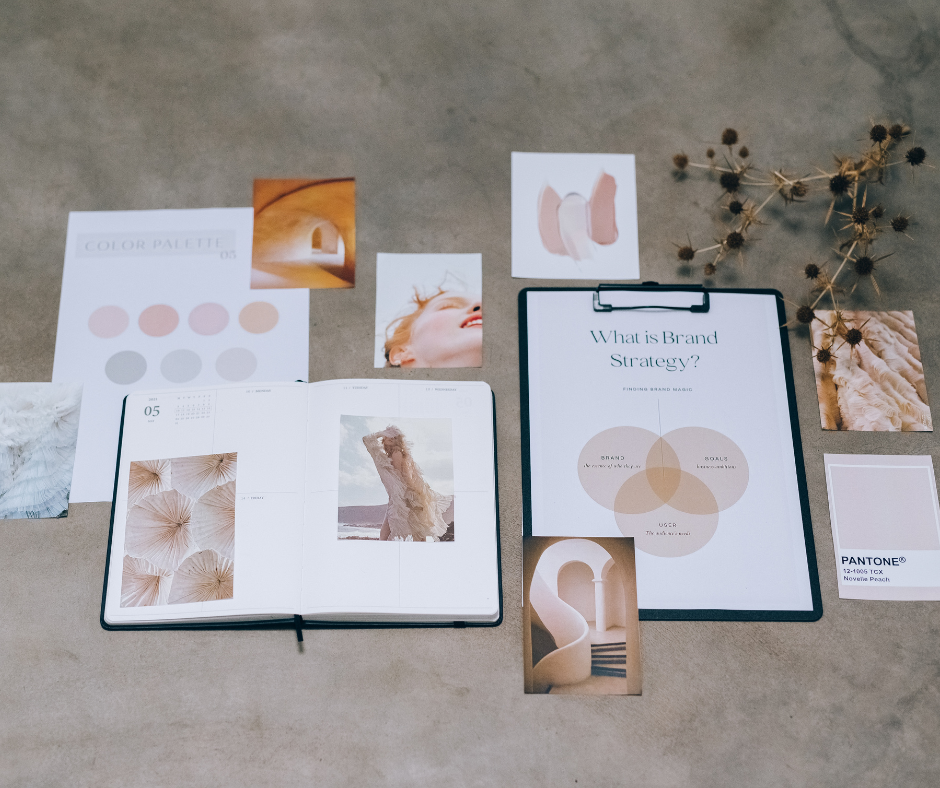

The job market for color consultants is diverse, spanning multiple industries such as interior design, fashion, marketing, branding, and product design. Demand for color consultants can vary based on trends, economic conditions, and the evolving needs of businesses and consumers. With a growing recognition of color’s impact on brand identity, consumer behavior, and overall aesthetics, opportunities for skilled color consultants are expanding. Freelance opportunities and project-based work are common, though full-time positions exist within larger design firms, corporations, and retail brands.
Tips on Where to Find Job Listings and How to Network Effectively
Job listings for color consultants can be found on traditional job platforms like Indeed, LinkedIn, and Glassdoor, as well as industry-specific sites such as AIGA Design Jobs or the Interior Design Society’s career center. Joining professional organizations such as the International Association of Color Consultants/Designers can provide access to exclusive job boards and networking opportunities.
Effective networking is crucial in this field. Attend industry conferences, workshops, and events to meet potential clients or employers. Participating in online forums and social media groups focused on design and color can also expand your professional network. Don’t underestimate the power of word-of-mouth; let friends, family, and past clients know you’re seeking opportunities, as personal recommendations can often lead to work.
The Importance of Building a Strong Online Presence
In the digital age, a strong online presence is essential for a color consultant. A professional website showcasing your portfolio, services, and testimonials can attract clients and employers. Regularly updating a blog with insightful content on color trends, case studies, or projects can establish your expertise in the field. Social media platforms like Instagram, Pinterest, and LinkedIn are also powerful tools for showcasing your work, connecting with industry peers, and marketing your services to a broader audience.
Advice on Freelance versus Full-Time Employment in This Field
Choosing between freelance and full-time employment depends on your career goals, preferred working style, and need for stability. Freelancing offers flexibility and the freedom to choose projects that align with your interests and expertise, but it also requires managing your own business, finding clients, and handling income variability. Full-time employment provides stability, regular income, and benefits, but may offer less flexibility and creative control over projects.
For those new to the field, starting with freelance projects or part-time work can build your portfolio and reputation, potentially leading to more consistent freelance work or full-time opportunities. Whichever path you choose, continuous learning, networking, and marketing are key to success in the dynamic and competitive field of color consultancy.
Final Thoughts on Becoming a Color Consultant
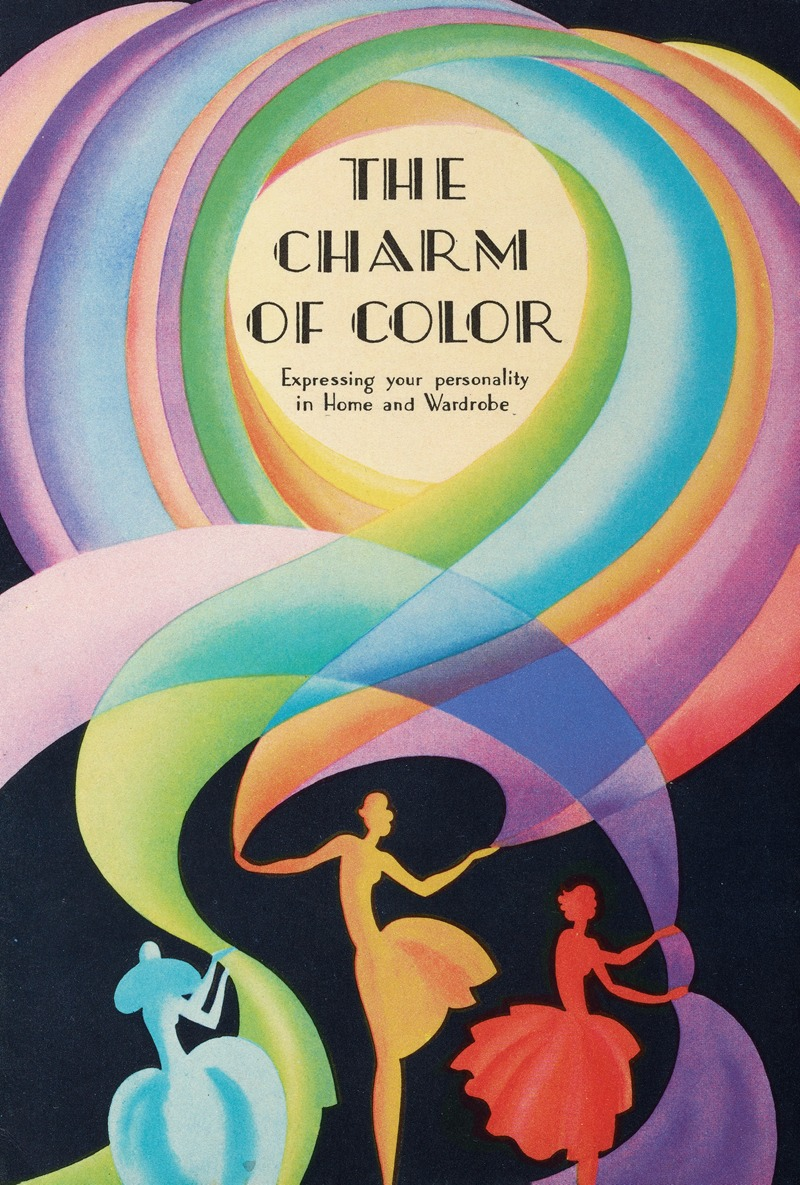

For women contemplating a mid-career transition, diving into the vibrant world of color consulting offers a unique opportunity to blend creativity, psychology, and strategic thinking. This field not only welcomes diverse backgrounds and experiences but thrives on them, allowing you to leverage your accumulated skills in entirely new ways. Whether you’re drawn to the psychological impact of color, the aesthetic challenge of creating compelling designs, or the strategic use of color in branding and marketing, color consulting provides a canvas for your ambitions. Embracing this career path can open doors to a fulfilling and dynamic profession where your work directly influences perceptions, trends, and emotions. If you’re seeking a career that blends art and science, offers flexibility, and has the potential to make a significant impact, color consulting could be the refreshing change you’re looking for. Let your passion for color guide you towards a vibrant future in this exciting field.
Design Dash
Join us in designing a life you love.
-
All About Our 7-Day Focus & Flex Challenge
Sign up before August 14th to join us for the Focus & Flex Challenge!
-
Unique Baby Names Inspired by Incredible Women from History
Inspired by historic queens, warriors, artists, and scientists, one of these unusual baby names might be right for your daughter!
-
Finding a New 9 to 5: How to Put Freelance Work on a Resume
From listing relevant skills to explaining your employment gap, here’s how to put freelance jobs on your resume.
-
What is Generation-Skipping, and How Might it Affect Sandwich Generation Parents?
The emotional pain and financial strain of generation skipping can be devastating for Sandwich Generation parents.
-
Four Material Libraries Dedicated to Sustainability, Preservation, and Education
From sustainable building materials (MaterialDriven) to rare pigments (Harvard), each materials library serves a specific purpose.
-
Do You Actually Need a Beauty Fridge for Your Skincare Products? (Yes and No.)
Let’s take a look at what dermatologists and formulators have to say about whether your makeup and skincare belong in a beauty fridge.








